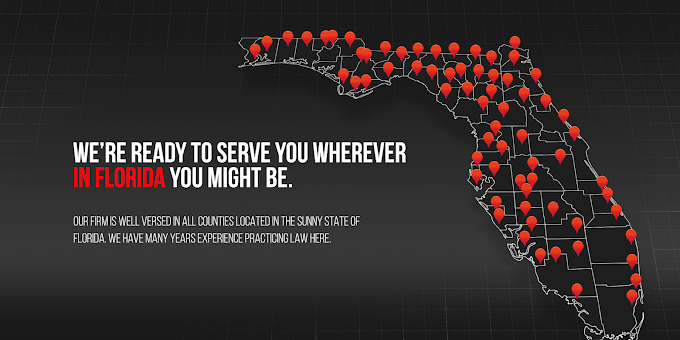






In the intricate landscape of Florida's legal system, understanding what is the difference between a felony and a misdemeanor is paramount. These terms hold significant weight, influencing the severity of consequences an individual might face based on the nature of their offense.
Let's delve into the nuances of felony vs misdemeanor in Florida, shedding light on their definitions, classifications, and the associated penalties.
The key difference between misdemeanor and felony is the severity of the offense and the subsequent legal consequences. Misdemeanors are considered less serious crimes, typically punishable by fines, probation, or imprisonment for less than one year. These offenses include minor theft, simple assault, disorderly conduct, and certain traffic violations.

On the other hand, felonies are more severe offenses, encompassing actions such as murder, kidnapping, robbery, and certain drug trafficking offenses. The penalties for felonies are generally more substantial, involving imprisonment for over a year, hefty fines, or, in extreme cases, life imprisonment or the death penalty.
Regarding classification, misdemeanors are often divided into classes or degrees, with Class A misdemeanors being more serious than Class B or C misdemeanors. Similarly, felonies are categorized into degrees, ranging from first-degree felonies (the most severe) to lower degrees based on the gravity of the offense.
It is essential to understand what is the difference between a misdemeanor and a felony, as it shapes the legal proceedings and potential consequences an individual may face. Whether someone is charged with misdemeanor vs felony can significantly impact the severity of the penalties, influencing everything from imprisonment to fines imposed.
In the state of Florida, a misdemeanor charge encompasses a variety of offenses of lesser severity than felonies, yet they still entail legal consequences.

Examples include simple assault, petty theft, disorderly conduct, and certain traffic violations. The classification of misdemeanors in Florida includes:
Also Read: What is a Misdemeanor in Florida? (Degrees & Types)
A felony charge in Florida cover a broad spectrum of offenses, ranging from white-collar crimes to violent acts. The degrees of felonies in Florida include:

Explore more: What is a Felony? 5 Degrees of Felonies in Florida.
Now, let's explore the ripple effects of criminal convictions, revealing the complex aftermath that individuals navigate beyond the courtroom.

Erase the Case specializes in criminal record expungement and sealing, offering individuals a chance to remove or limit the visibility of their past convictions. Our expert team navigates legal processes, providing tailored solutions for a fresh start and improved opportunities.
In Florida, the highest misdemeanor is classified as a first-degree misdemeanor. Convictions for this offense can result in penalties of up to one year in jail and fines reaching $1,000. These charges are often associated with more severe actions but fall short of felony classifications.
The longest sentence for misdemeanors in Florida is generally linked to first-degree misdemeanors. Individuals convicted of such offenses may face a maximum jail term of up to one year. While misdemeanors are less severe than felonies, the potential consequences underscore the significance of legal distinctions.
The lowest form of misdemeanor in Florida is categorized as a third-degree misdemeanor. Offenders facing this classification could potentially encounter penalties of up to 30 days in jail and fines of up to $250.

























